Indoor composting might sound like a messy endeavor, but it's easier and cleaner than you think! Imagine turning kitchen scraps into nutrient-rich compost right in your apartment, reducing waste, and enriching your plants. With the right tricks, indoor composting becomes a seamless part of your lifestyle, even in small spaces. Whether you're a seasoned gardener or a complete novice, these ingenious tips will help you master indoor composting. From choosing the right containers to using everyday household items, let's dive into the world of indoor composting and discover how to transform your waste into a valuable resource.
1. Choose the Right Compost Bin

Selecting the perfect compost bin is crucial for indoor composting success. Opt for a compact, stylish bin that fits your space and complements your decor. Consider features like a tight-sealing lid to prevent odors and a charcoal filter to keep your kitchen smelling fresh. Remember, the more you like your bin, the more likely you are to use it regularly!
2. Master the Art of Layering
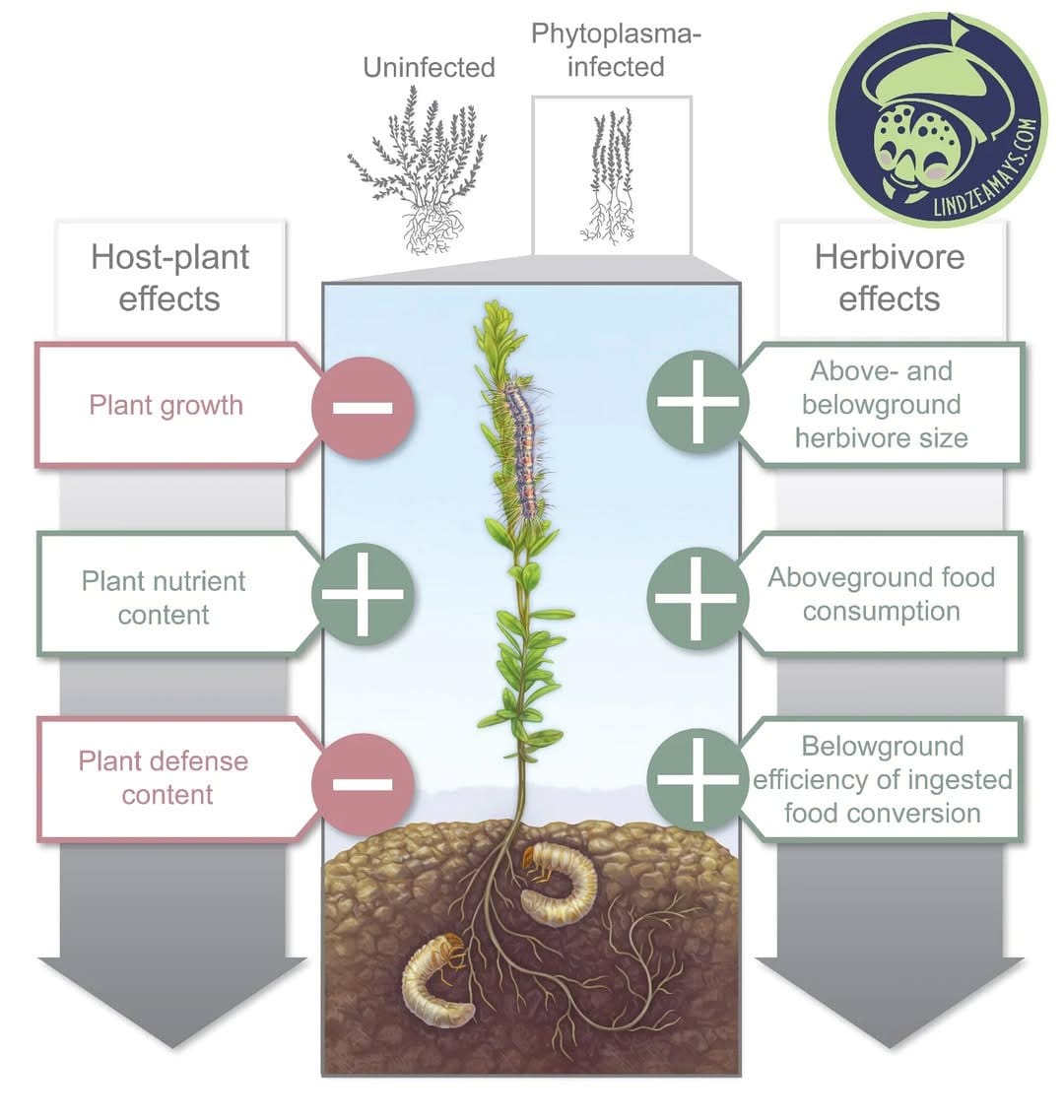
Effective composting relies on a balance between green and brown materials. Green materials include fruit and vegetable scraps, while brown materials consist of shredded paper and dried leaves. Alternate these layers to maintain aeration and speed up the decomposition process. A simple layering strategy can lead to a more successful compost pile.
3. Understand the Green-Brown Ratio

Maintaining the right green-to-brown ratio is essential for efficient composting. Aim for a balance of three parts brown to one part green material. This mixture ensures proper decomposition and reduces odor. Keep a list of green and brown materials handy to maintain this balance effortlessly.
4. Invest in a Worm Bin

Vermicomposting, or using worms to break down organic materials, is perfect for indoor composting. Red wiggler worms are the most efficient composters. They thrive in small spaces and transform waste into rich compost quickly. Invest in a worm bin, and soon you'll have a thriving composting ecosystem in your home.
5. Use a Coffee Grounds Hack
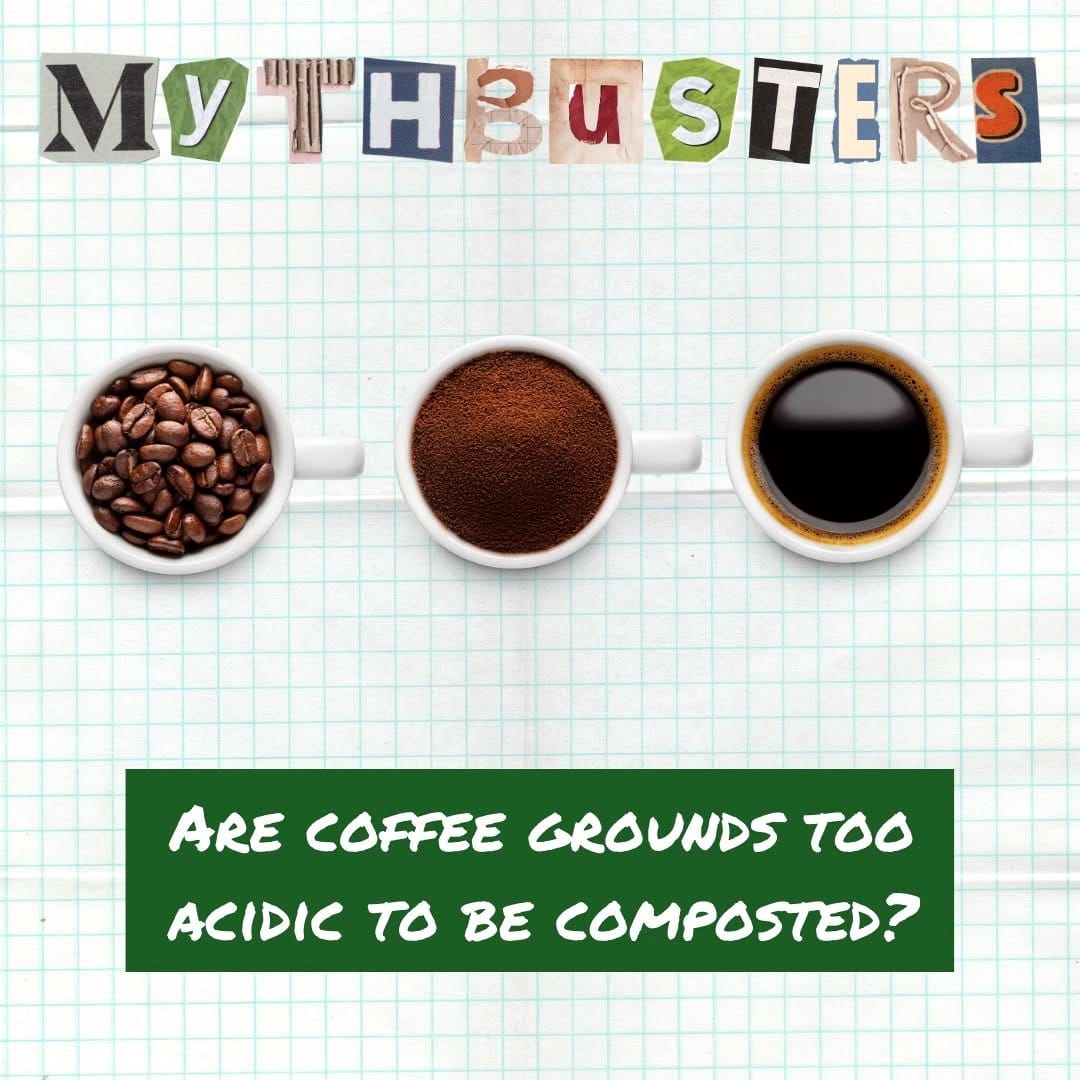
Coffee grounds are excellent for composting, adding nitrogen and attracting beneficial worms. Sprinkle used coffee grounds into your compost bin regularly. Not only do they help with decomposition, but they also neutralize odors. Plus, if you're a coffee lover, you'll always have a steady supply!
6. Add Eggshells for Calcium

Eggshells are a great source of calcium, which is beneficial for your compost and your plants. Crush them before adding to your compost bin to help them break down faster. Eggshells also help reduce acidity in the compost, creating a balanced environment for decomposition.
7. Harness the Power of Baking Soda

Baking soda is a versatile household item that can also aid in composting. If your compost bin starts to smell, sprinkle a small amount of baking soda on top to neutralize odors. Use it sparingly, as too much can hinder the decomposition process.
8. Incorporate Shredded Paper

Shredded paper is an excellent brown material for your compost bin. Use newspaper, office paper, or cardboard, avoiding glossy or colored paper. Shredding increases surface area, helping the material break down faster. It's a simple way to recycle paper waste and enrich your compost.
9. Create a Ventilation System

Proper airflow is crucial for indoor composting. Drill small holes in the sides and lid of your compost bin to ensure adequate ventilation. This simple trick prevents moisture buildup, reduces odors, and speeds up decomposition.
10. Use Citrus Peels Sparingly
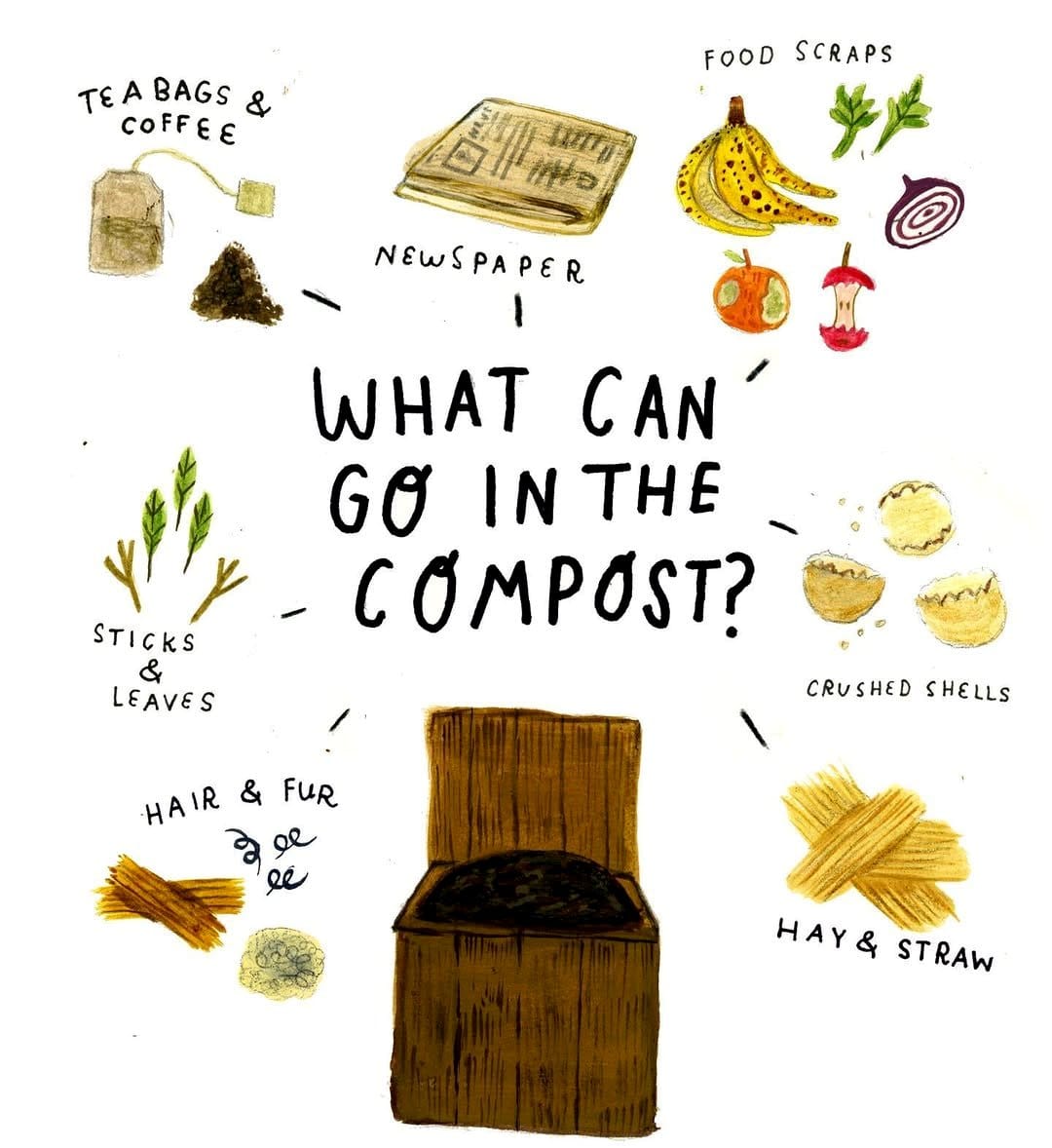
While citrus peels can be composted, they should be used sparingly. They are acidic and can slow down the decomposition process if added in large quantities. Chop them into small pieces to help them break down more efficiently.
11. Try Bokashi Composting
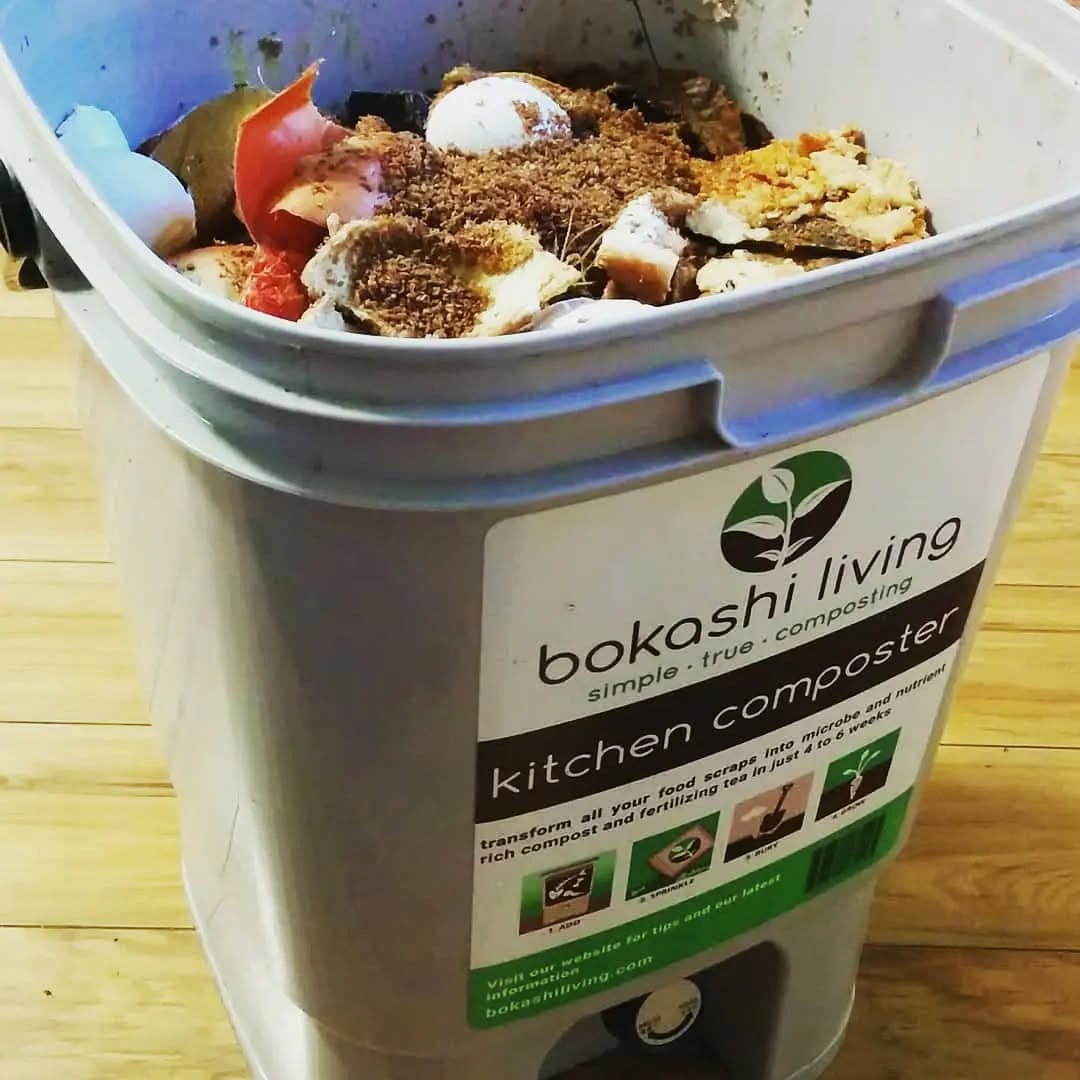
Bokashi composting is a fermentation process that allows you to compost all food scraps, including meat and dairy. It uses a special bran inoculated with beneficial microbes. This method is perfect for indoor use, as it minimizes odor and requires no turning.
12. Utilize a Blender for Quick Breakdown
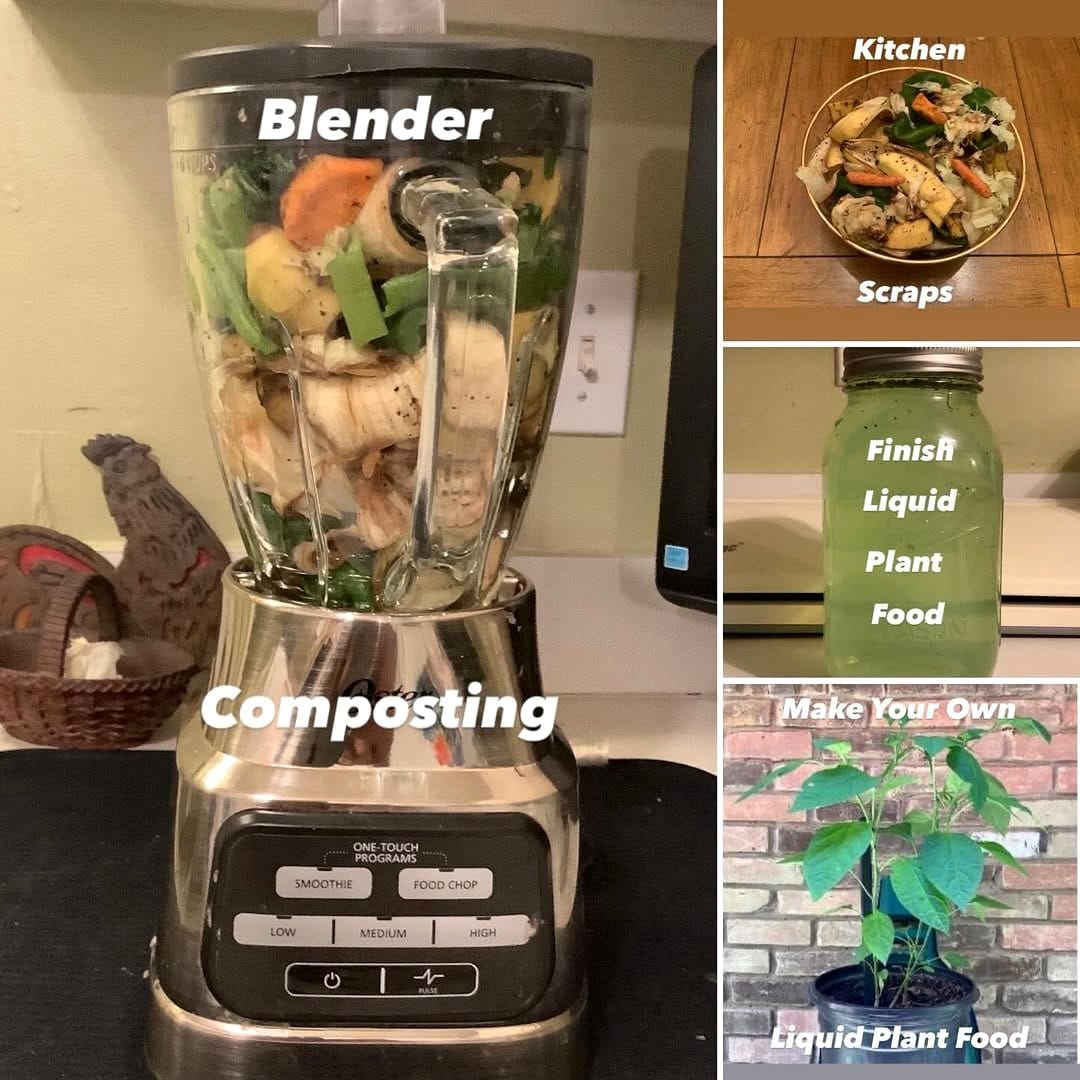
Speed up composting by blending your kitchen scraps before adding them to the bin. This increases the surface area, allowing for faster decomposition. It's a quick and easy way to reduce waste volume and accelerate the composting process.
13. Monitor Moisture Levels

Keeping the right moisture level is key to successful composting. Your compost should be as damp as a wrung-out sponge. If it's too dry, add water; if too wet, add more brown materials. A moisture meter can help you maintain the perfect balance.
14. Utilize Natural Deodorizers

Odor control is vital for indoor composting. Charcoal briquettes or activated charcoal are natural deodorizers that can be placed near or within your compost bin. They absorb odors without affecting the composting process.
15. Rotate Your Bin Regularly

To accelerate composting, rotate or stir your compost bin regularly. This action aerates the compost, promoting faster decomposition and reducing odor. Even a simple shake or stir every few days can make a significant difference.
16. Use a Thermometer for Temperature Control

Temperature is an indicator of composting activity. Use a compost thermometer to check if your compost is at the right temperature, ideally between 120-160°F. Adjust materials and moisture levels accordingly to keep the process efficient.
17. Try Composting Tea Bags
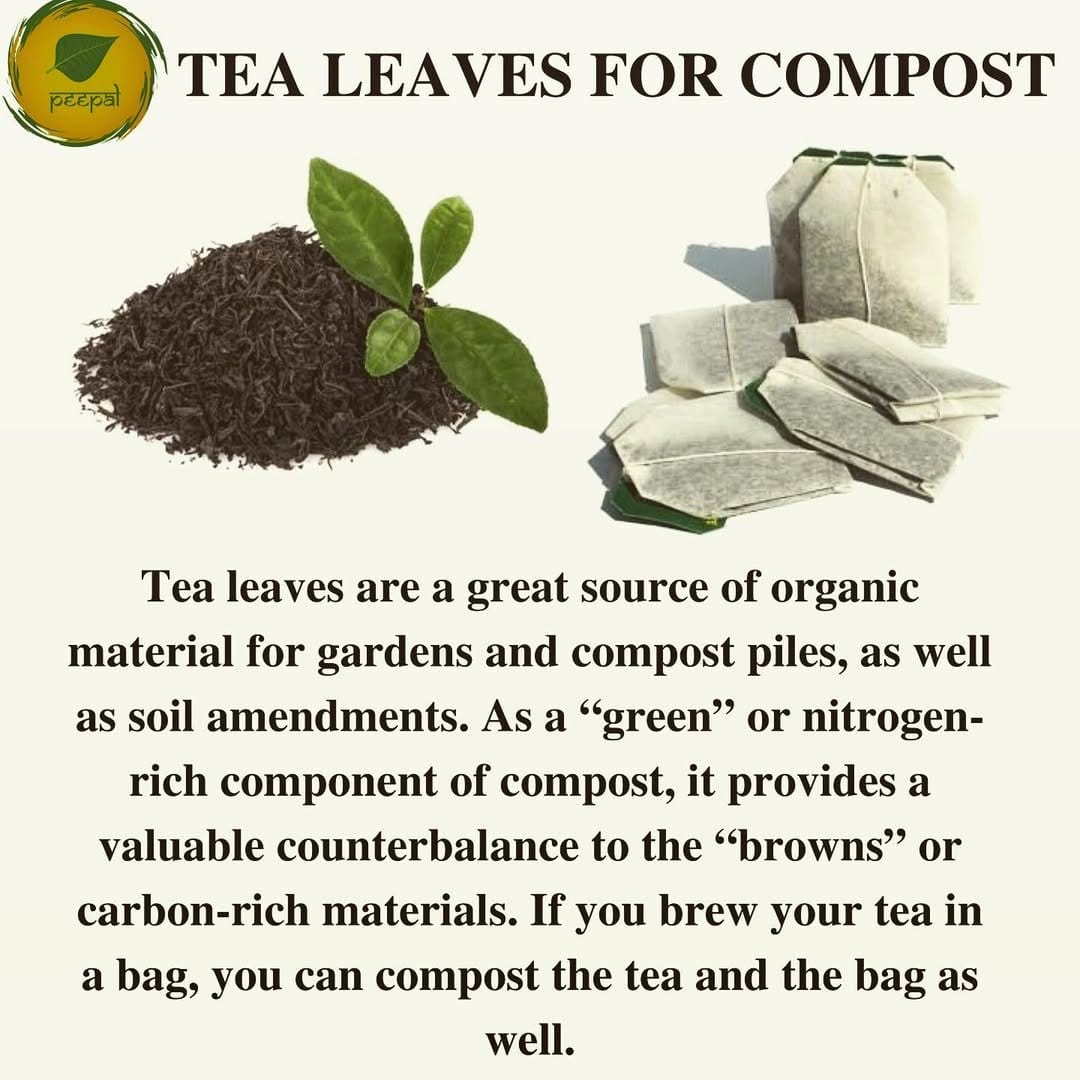
Most tea bags are compostable and add valuable nutrients to your compost. However, ensure they're free from synthetic materials. Tear them open to speed up decomposition, and watch your compost thrive with this simple addition.
18. Keep a Compost Diary

Track your composting journey with a compost diary. Record what you add and any changes in your compost's condition. This habit helps identify what works best in your setup and allows you to make informed adjustments.
19. Be Patient and Persistent

Patience is key in composting. It can take several weeks to months to produce finished compost. Stay persistent, and remember that each small effort contributes to a more sustainable lifestyle. Celebrate each small milestone on your composting journey.
Final Thoughts
Embracing indoor composting is a rewarding endeavor that benefits both you and the environment. With these 19 ingenious tricks, you can transform kitchen waste into rich, valuable compost, even in limited spaces. Remember, composting is a journey—start small, experiment, and find what works best for you. The key is to remain consistent and patient. As you master these techniques, you'll not only reduce waste but also create a healthier home and planet. So, roll up your sleeves, grab a compost bin, and start turning your scraps into green gold today!
